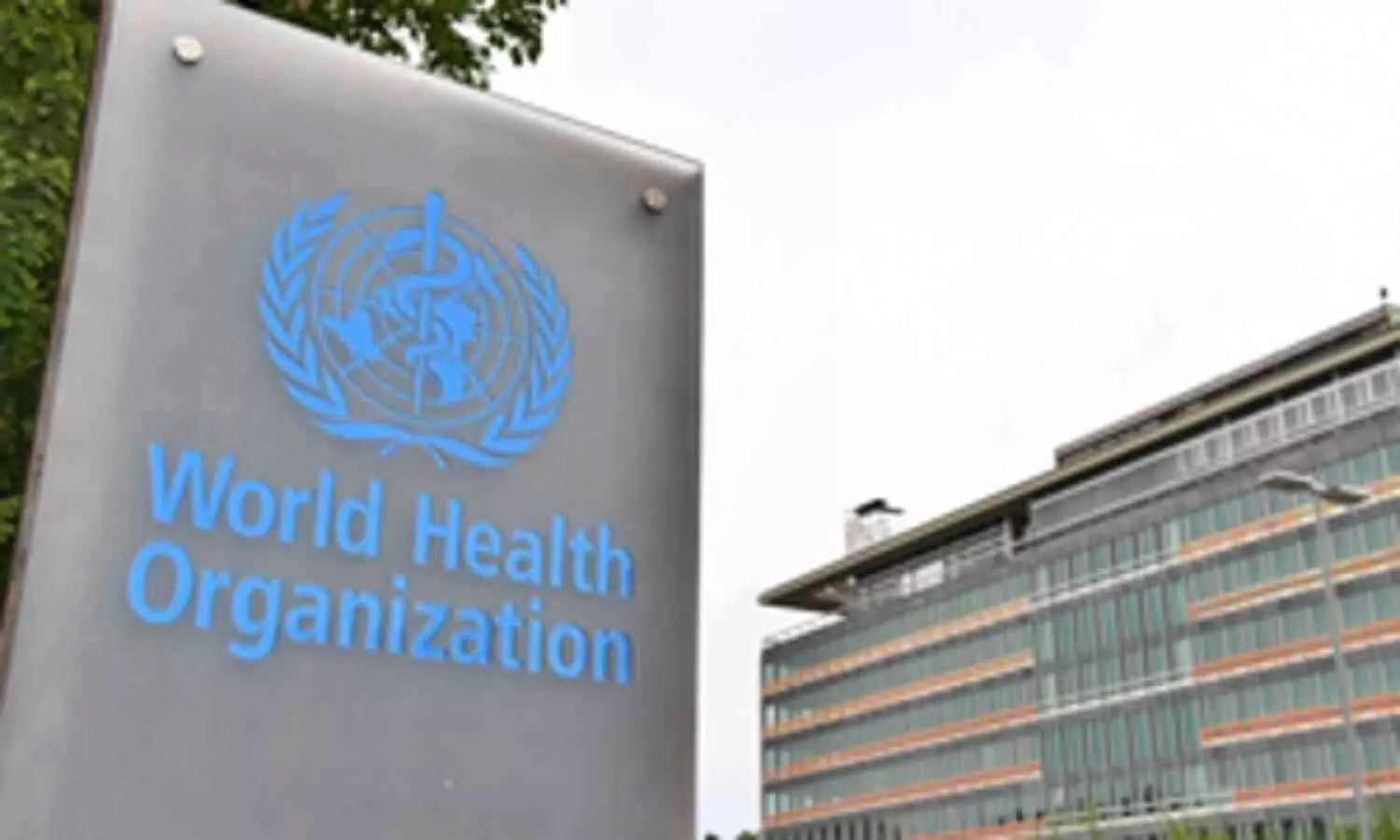WHO highlights 'surging rise' of noncommunicable diseases in the Western Pacific

Manila: Noncommunicable diseases (NCDs), such as heart disease, stroke, diabetes, and cancer, are responsible for nearly 90% of deaths in the Western Pacific region, according to a newly released report by the World Health Organization (WHO). The report, titled Health Statistics in the Western Pacific Region 2023: Monitoring Health for the Sustainable Development Goals, signals a significant shift in the region's health landscape, where infectious diseases and injuries were once the leading causes of illness and death.
The Western Pacific region is experiencing rapid population aging, with over 245 million people aged 65 and above. Many within this demographic suffer from NCDs, contributing to a rising health burden. According to WHO findings, lifestyle choices, including alcohol and tobacco consumption, play a major role in NCD prevalence. Alcohol consumption has increased by 40% since 2000, further exacerbating health risks. While tobacco use has decreased from 28% in 2000 to 22.5% in 2022, it remains higher than the global average of 20.9%, indicating that tobacco use continues to be a persistent risk factor in the region.
Additionally, mental health challenges and environmental and climate-related health risks compound the NCD crisis in the region. These broader determinants of health contribute to worsening outcomes and highlight the need for a multifaceted approach to public health interventions. WHO Regional Director for the Western Pacific, Saia Ma’u Piukala, emphasized that addressing the growing burden of NCDs requires more than healthcare measures alone. “The issue of NCDs is not an easy fix, but we can all work together to address this rising tide,” Piukala said during a press conference.
Piukala also pointed to changing dietary patterns as a critical factor driving the rise in NCDs. He noted that the increased reliance on imported processed foods has replaced traditional diets based on locally grown produce and fish. “For many, processed food has become part of daily life. This shift is a major contributor to NCDs, and addressing it requires tackling the social and commercial determinants of health,” he added. This dietary change reflects broader social and economic shifts in the region, further complicating efforts to combat NCDs effectively.
The WHO report calls for urgent, collaborative action to mitigate the impact of NCDs in the Western Pacific. It recommends promoting healthier lifestyles, reducing alcohol and tobacco use, improving healthcare access, and strengthening early detection and management of NCDs. It also stresses the importance of addressing socio-economic and environmental factors, which are vital to achieving long-term, sustainable improvements in health across the region.


